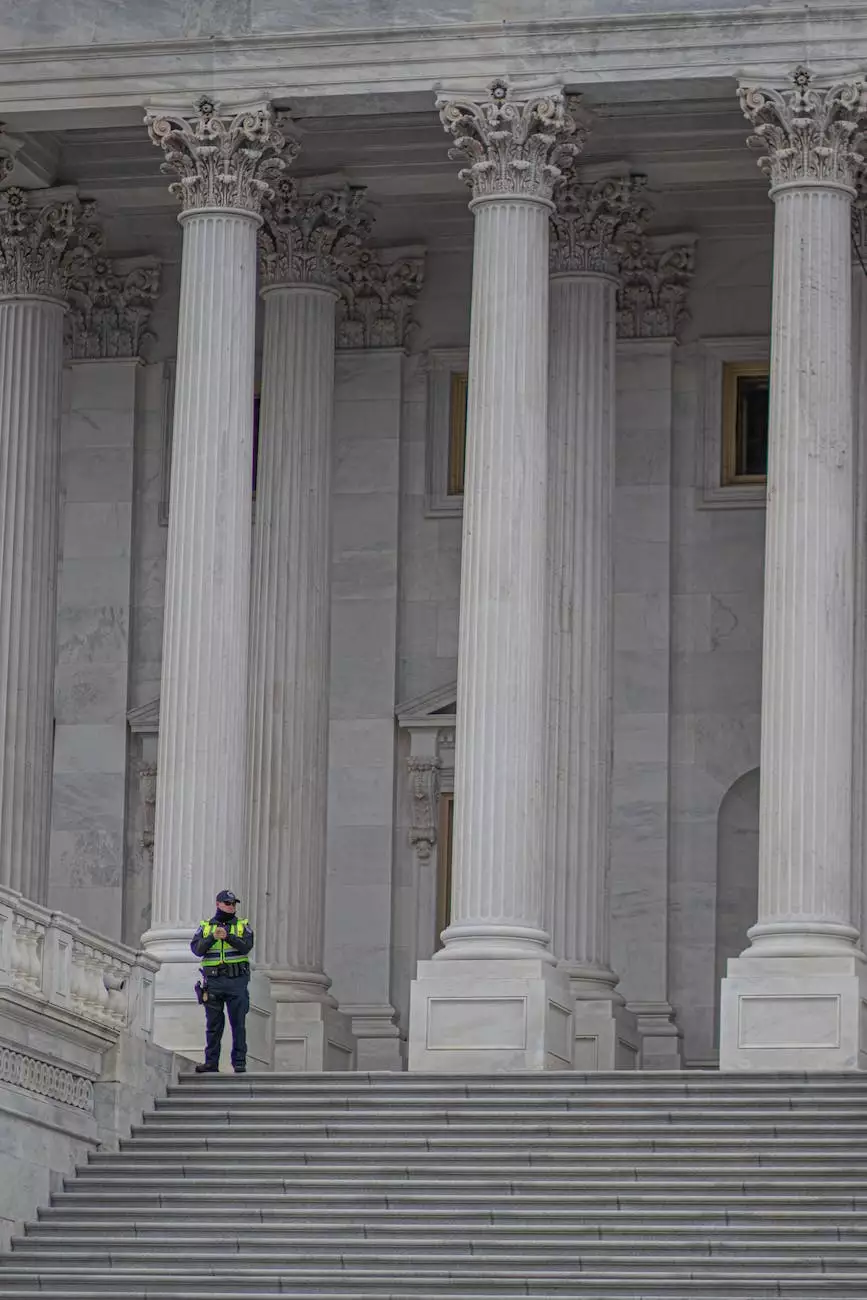New Amendments to Virginia's “Prompt Payment” Law

At Richardson Law Firm PC, we understand the importance of staying up-to-date with the latest changes in laws and regulations. In this article, we will provide you with comprehensive information on the new amendments to Virginia's "Prompt Payment" Law that will take effect on July 1, 2023.
Introduction to Virginia's Prompt Payment Law
Virginia's Prompt Payment Law is designed to ensure timely payments to contractors, subcontractors, and suppliers in the construction industry. The law sets specific timelines for payment and outlines the consequences for non-compliance. By implementing this law, Virginia aims to promote fair business practices and maintain a healthy construction industry.
The Need for New Amendments
While Virginia's Prompt Payment Law has been effective in addressing payment issues, there were certain areas that required further clarification and improvement. The new amendments aim to address these concerns, providing additional protection and guidance to construction industry stakeholders.
Key Amendments and Their Impact
1. Submission of Payment Requests
One of the significant amendments to the law relates to the submission of payment requests. The revised law now clearly outlines the required format and content for payment requests. This ensures that payment requests are comprehensive, reducing the chances of disputes and delays in payment processing.
2. Timelines for Payment
The amendments also provide clearer guidelines on payment timelines. It establishes specific deadlines for payment, thereby ensuring that contractors, subcontractors, and suppliers receive their due payments promptly. This step is crucial in maintaining a healthy cash flow within the construction industry.
3. Interest on Late Payments
One of the most significant changes introduced by the new amendments is the provision for interest on late payments. If a payment is delayed beyond the stipulated timeline, the party entitled to receive payment can now claim interest on the outstanding amount. This provision acts as a strong deterrent against late payments and encourages timely settlement of dues.
4. Dispute Resolution Mechanisms
The revised law also includes provisions for resolving payment disputes. It streamlines the process by which parties can seek resolution for any disagreements regarding payment amounts or timelines. These mechanisms ensure fair and impartial handling of payment-related disputes, minimizing disruptions to ongoing construction projects.
Implications for the Construction Industry
The new amendments to Virginia's Prompt Payment Law carry several implications for the construction industry:
- Enhanced Payment Transparency: Contractors, subcontractors, and suppliers will benefit from improved transparency in payment requests and timelines, reducing payment-related disputes.
- Promotion of Fair Business Practices: The amendments reinforce the importance of fair business practices by providing clear guidelines on timely payments.
- Improved Cash Flow: With stricter payment timelines and the provision for interest on late payments, cash flow within the construction industry is expected to improve, benefiting all stakeholders.
- Efficient Dispute Resolution: The inclusion of dispute resolution mechanisms ensures that payment-related disagreements can be resolved efficiently, minimizing project delays.
Conclusion
The new amendments to Virginia's Prompt Payment Law, set to take effect on July 1, 2023, are aimed at improving payment practices within the construction industry. These amendments provide clarity on payment request submission, establish specific timelines for payment, introduce interest on late payments, and streamline dispute resolution mechanisms. At Richardson Law Firm PC, we keep our clients informed about such legislative changes, helping them navigate the complex legal landscape effectively. We are committed to providing comprehensive support and guidance to construction industry stakeholders.









